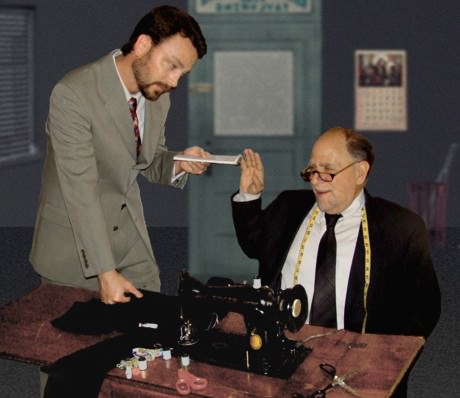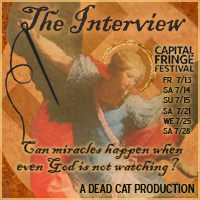America in 1970 seemed like the worst of times. Halfway around the world, the problems of a country only slightly larger than the state of Montana, killed almost 40,000 US citizens between 1967 and 1969–the bloodiest 3 years of the Vietnam war. Tensions mounted as young men faced a draft lottery for the first time in 28 years. Recent head-cracking in Chicago was brought back to life by news of the appalling carnage of Hamburger Hill and the Mai Lai massacre. Horror reverberated across the miles. In only four short months the peace and love of Woodstock was slain by the gruesome reality of four dead at the Altamont Raceway. And soon four dead in Ohio brought the paranoia of Kent State into the American home. In particular, into a family kitchen in New Jersey where a father landed a sucker punch on his 14 year-old son for condemning the National Guardsmen who fired upon the unarmed children of their countrymen–a very private memory.

There are millions upon millions of private memories of incidents concerning great pith and moment, things that no one, perhaps not even God, ever sees. Who among us does not privately ask, where was God in Somalia or Rwanda or Mississippi or Auschwitz?
It is against the tumultuous and divisive background of the early 1970’s that American Playwright Peter Swet wrote the very private story of The Interview: in the dust of a long-forgotten tailor shop on Manhattan’s Lower East Side, an old man with a sad, violent and irrational past confronts a young man with a cold, rational and empty future. At first blush Swet’s play seems devoid of the political and polemic. But buried in this story of suspicion, retribution, forgiveness and redemption, lies a simmering indictment of those who look cruelty in the face and say, “What could I do? One man can’t possibly make a difference. I was only following orders.” What emerges is a very personal drama that steers clear of contemporary events, but at times has the haunting impact of Terence McNally’s Botticelli (1968) or David Rabe’s Sticks and Bones (1971). McNally and Rabe wrote about war, with the nature of man as a subtext. Swet’s play is about human nature, with a subtext of war.
I was drawn to this story because of the parallels to today’s society. Our lives seem more on display than ever, but what we see is increasingly superficial. Authentic experience is being driven deeper and deeper into the private realm. As our true actions and motives become ever more hidden, moral relativism rules the day. We live in a world of reality television, cyber-bullies and drone aircraft dropping bombs–anonymous, faceless evil. Now more than ever, who we are is determined by what we do when no one is watching.
The Interview is being produced for the 2012 Capital Fringe Festival by Dead Cat Productions at Redrum, 612 L St NW.
Performances are on FR 7/13, SA 7/14, SU 7/15, SA 7/21, WE 7/25, and SA 7/28.
Check the box office for show times: (866) 881-4111.
Last year’s offering by the Dead Cats, David Mamet’s Glengarry Glen Ross, played to packed and sold out houses.





